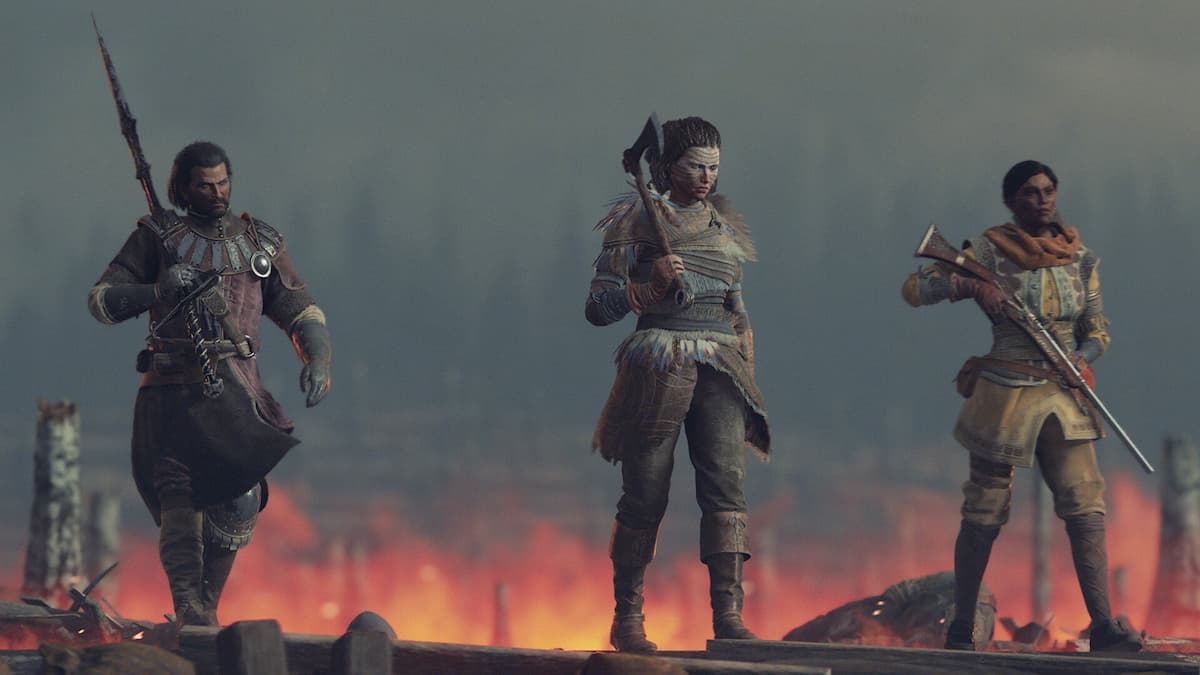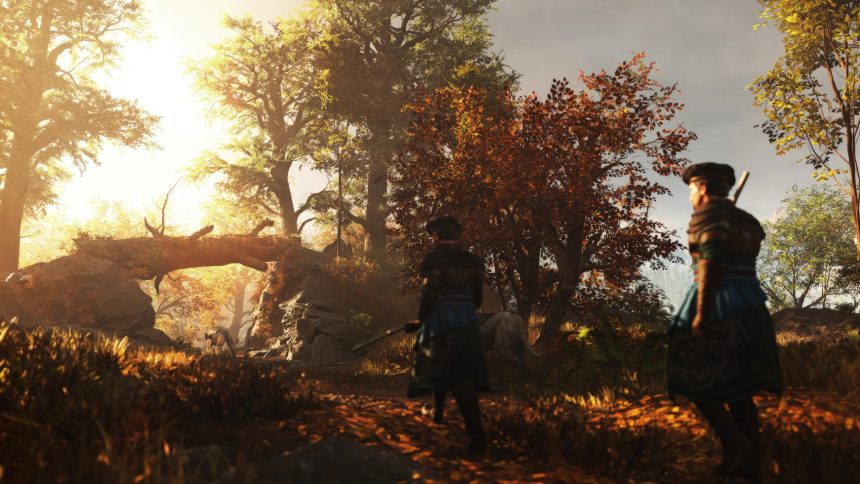Spiders’ upcoming RPG, “Greedfall 2,” is making a notable departure from the studio’s previous practices by launching in early access next month. This decision comes after years of Spiders advocating for the early access model, which was initially met with resistance from their publisher, Nacon.
The breakthrough came thanks to the success of “Baldur’s Gate 3,” which demonstrated the viability of early access for RPGs and persuaded Nacon to approve the approach for “Greedfall 2.”
The success of “Baldur’s Gate 3,” which underwent an extensive early access period of nearly three years, highlighted the benefits of iterative development and community feedback.
This lengthy early access phase allowed the game to evolve significantly, ultimately leading to its acclaimed reception upon full release in 2023. Larian Studios’ success with early access for both “Baldur’s Gate 3” and their earlier “Divinity: Original Sin” titles has set a precedent for using player feedback to enhance game quality.

Jehanne Rousseau, CEO of Spiders, expressed excitement about the early access model, noting its potential to improve “Greedfall 2” through direct player interaction. Rousseau emphasized the frustration of releasing a game and then realizing missed opportunities for improvement based on player feedback, something early access aims to address by allowing ongoing adjustments and enhancements throughout development.
This shift to early access for “Greedfall 2” reflects a broader trend in the gaming industry where developers are increasingly leveraging community involvement to shape their games. By engaging with players early in the development process, Spiders hopes to create a more polished and player-focused experience, addressing issues and incorporating suggestions before the final release.
Overall, the decision to utilize early access for “Greedfall 2” represents a strategic move by Spiders to align with successful industry practices demonstrated by “Baldur’s Gate 3.” This approach is expected to foster a more interactive development process, potentially leading to a more refined and player-driven RPG that better meets player expectations.







